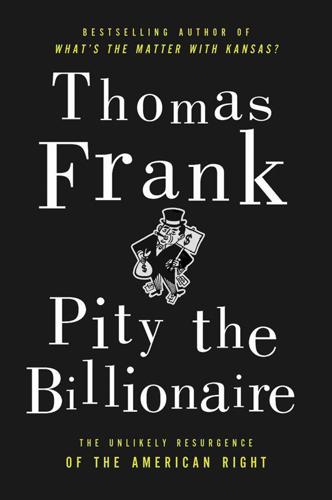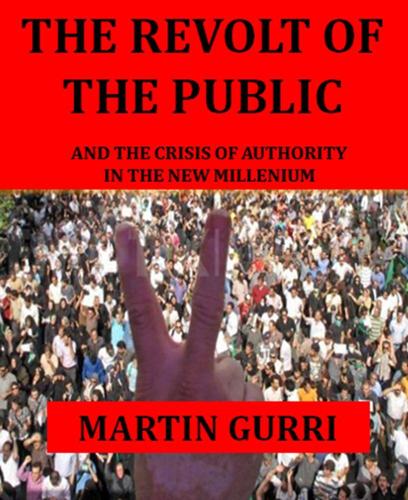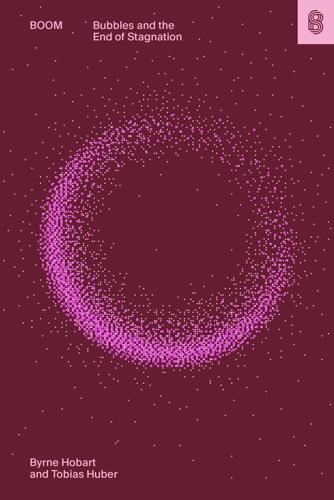
A New History of the Future in 100 Objects: A Fiction
by
Adrian Hon
Published 5 Oct 2020
Any contradictory evidence was countered with new sources that seemed perfectly legitimate at first glance, even if on inspection they didn’t stand up. It was an untethering from reality. Weak epistemic closure was not a new phenomenon, but it took on a new guise as the internet allowed people to pick and choose their news sources and communities at will. The most niche beliefs could find a safe harbor online, and even relatively small communities could wield disproportionate political or economic power. Researchers at the time understood that epistemic closure afflicted even highly intelligent people, so more education didn’t seem like a particularly useful solution. However, sociologists at Heidelberg believed that promoting memetic diversity might be more effective.
…
People of all ages, races, and beliefs would be joined together in enlightened discourse, becoming brothers and sisters in arms. They forgot one thing: humans are still humans. The internet did not turn us into angels, and giving people the ability to learn about differing viewpoints has never meant that they’ll take advantage of it. In fact, the internet arguably led to a reinforcing of weak epistemic closure among many groups, a phenomenon which survives to this day in which individuals and communities become stuck in arguments and beliefs that have little to no factual basis. Feodor Gottleib, Professor of Memetics at the University of Munich, explains: Let’s take global warming as an example. Despite the vast majority of the world’s scientists agreeing that man-made global warming was real, many refused to believe it.
…
While billions were exposed to new ideas every minute of the day through their lenses and glasses, almost all merely bounced off, leaving no lasting impression. This was not wholly surprising. We can’t be expected to absorb every new idea that comes our way, but the bounce rate was far higher than expected. Politics was one of the worst categories for low memetic diversity, with the US Democratic Party showing signs of epistemic closure when compared against the decentralized parties of the new left. But across the world, voters in general tended to be extremely unwilling to consider new ideas. There were some bright spots. Counter-intuitively, high memetic diversity was often found in seemingly isolated communities such as universities and clubs.

Pity the Billionaire: The Unexpected Resurgence of the American Right
by
Thomas Frank
Published 16 Aug 2011
What makes this so striking is that Frum himself was ultimately pretty much expelled from the movement for his independent conservative ways. It is important to note that a handful of conservatives themselves, such as the blogger Julian Sanchez, have taken note of this phenomenon, which they mourn as a kind of “epistemic closure.” See Patricia Cohen, “‘Epistemic Closure’? Those are Fighting Words,” New York Times, April 27, 2010. 3. Jill Lepore, Whites of Their Eyes: The Tea Party’s Revolution and the Battle over American History (Princeton, NJ: Princeton University Press, 2010), p. 38. 4. The title for this chapter, “He Whom a Dream Hath Possessed Knoweth No More of Doubting,” is the title of a poem by Shaemus O’Sheel; Murray Kempton comments on it at length in Part of Our Time: Some Ruins and Monuments of the Thirties (New York: Simon and Schuster, 1955). 5.

The New Class War: Saving Democracy From the Metropolitan Elite
by
Michael Lind
Published 20 Feb 2020
Louisiana governor Huey Long could battle the ruling families and the powerful corporations because he skimmed money from state employee checks and kept it in a locked “deduct box.”18 In Texas, anti-Klan populist governor James “Pa” Ferguson, along with his wife, Miriam “Ma” Ferguson, who, following the impeachment of her husband, was elected governor on the slogan “Two Governors for the Price of One,” sold pardons to the relatives of convicted criminals.19 As billionaires who could finance their own campaigns, Ross Perot and Donald Trump could claim to be free to run against the American establishment. The rise of charismatic populist tribunes as a response to the increasing social and epistemic closure of Western elites was entirely to be expected. Now that access to political influence depends not on decentralized grassroots party organizations and farm associations and unions and civic and church federations but on donations from billionaires or personal media celebrity, it is only natural that working-class outsiders will turn to champions who are rich business executives like Ross Perot, TV celebrities like Italy’s Beppe Grillo, or a combination of both, like billionaire and reality television star Donald Trump or media tycoon Silvio Berlusconi.

The Revolt of the Public and the Crisis of Authority in the New Millennium
by
Martin Gurri
Published 13 Nov 2018
What, for example, can be said without qualification about Christianity or Jesus? Two of the more ferocious edit battles in Wikipedia happen to rage around these subjects. This state of affairs invites counter-revolution by the established order. Again and again, in subject after subject, accredited experts have attempted to regain control over the levers of epistemic closure. At every opportunity, institutional actors attacked the public on the grounds of its uncertainty: for example, the public stands accused of cocooning into a daily me, of conducting a “war on science,” of indulging in unprecedented partisanship, and more. Such nagging gives the game away. The counter-revolution of the authoritative elites has floundered, because the elites are themselves tormented by that terrible splinter of doubt.

Boom: Bubbles and the End of Stagnation
by
Byrne Hobart
and
Tobias Huber
Published 29 Oct 2024
Due to the exponential accumulation of scientific knowledge over the past three centuries, specialization has become a practical necessity because it reduces the cognitive load that researchers in any given scientific field face. The key question that emerges from considering these three trends is whether scientific stagnation arises because of cultural and institutional factors, such as the current incentive structure of science, or whether science itself is approaching an intrinsic epistemic limit. Is the epistemic closure of the scientific frontier unavoidable? This is a matter of debate, but in our view, what prevents us from making more scientific progress is not some fixed natural limit to scientific knowledge but rather the institutional structure of science itself. Put another way, we are seeing a lot of what the philosopher of science Thomas Kuhn called “normal science”—science without any revolutions. 102 Kuhn posits that scientific innovation progresses through revolutions, or “paradigm shifts.”